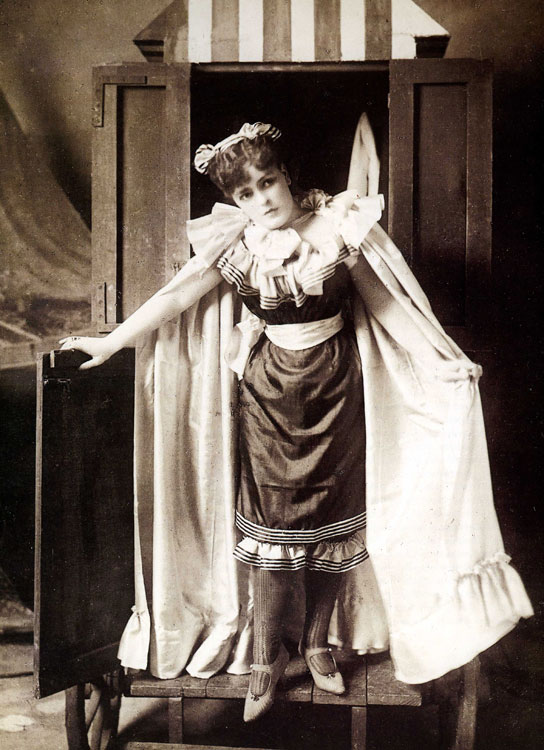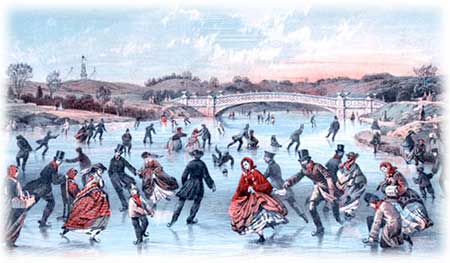Here are the critical essay questions taken from the Intermediate 2 past papers from the last few years. This will hopefully make essay practice a little bit easier as they are all collected in one place.
Remember: when writing your introduction identify all the parts of the question where you can put in your own information about your chosen text. i.e. a question reading
Choose a scene or sequence from a film or TV drama which provides a climax to the action. Briefly describe the events leading up to the climax, and then explain how the techniques used by the film or programme makers create a heightened sense of importance in this scene or sequence.
would become
Constantine directed by Francis Lawrence has a climatic sequence in which the lead character, Constantine, chooses to sacrifice himself in order to save the heroine, Angela. Prior to this Constantine had been attempting to reset the balance between good and evil on earth. Lawrence has used various techniques in this climatic scene to create a heightened sense of the importance of Constantine’s actions at this point.
Remember: for your main paragraphs it is important to structure your essay properly. Try and stick to the PEEL system. In the first sentence state your main point or supporting argument. In the next sentence support this with some evidence from the text. Explain this evidence to the reader by making clear exactly how your evidence supports the point you have just made. Finally, link this back to the main argument.
POETRY QUESTIONS
1. Choose a poem which could be considered as having a powerful message. Show how the poet effectively conveys this message through his or her use of poetic techniques.
2. Choose a poem in which the poet creates a particular mood or atmosphere. Show how the poet creates this mood or atmosphere by his or her choice of subject matter and use of poetic techniques.
3. Choose a poem which portrays an interesting character. Show how the poet uses poetic techniques to make the character interesting.
4. Choose a poem which deals with an important issue such as war, crime, poverty or racism. Explain how the poet deepens your understanding of the issue by the choice of content and the skilful use of poetic techniques.
5. Choose a poem which describes an animal or a place or an event in an effective way. Briefly state what is being described and go on to show how the techniques used in the poem make the description effective.
6. Choose a poem written in a specific form such as ballad, sonnet, elegy, monologue, ode . . . Explain how the distinctive features of this form contribute to your appreciation of the text.
7. Choose a poem which describes a person’s experience. Explain how the poetic techniques used to describe the experience make the poem more interesting.
8. Choose a poem which arouses strong emotion in you. Describe how you feel about the poem, and explain how the poet leads you to feel this way.
9. Choose a poem in which the poet creates a particular mood or atmosphere. Show how the poet creates this mood or atmosphere by his or her choice of subject matter and use of poetic techniques.
10. Choose a poem which describes a place or an incident. Briefly state where or what is being described, and go on to explain how the techniques used in the poem make the description memorable.
11.Choose a poem which takes a particular form, such as sonnet, ode, ballad, elegy, monologue … Explain how the distinctive features of this form contribute to your appreciation of the poem.
12. Choose a poem which has an ending which you found surprising or interesting or satisfying or inspiring. Consider the whole poem, and by reference to the poet’s use of content and poetic techniques explain why you think the ending is particularly effective.
MEDIA QUESTIONS
1. Choose a film or TV drama* which deals with issues which mainly affect young people. Explain how the film or TV drama* deals with such issues, stating whether or not you find the portrayal of these issues realistic.
2. Choose a scene or sequence from a film which provides a climax to the action. Briefly describe the events leading up to the climax, and then explain how the techniques used by the film makers create a heightened sense of importance in this scene or sequence.
3. Choose a film which you think is typical of its genre, for example: action, romance, comedy, horror . . . Explain how the film makers have used the features of the genre to create a successful film.
4. Choose a film or TV drama* which has a character who could be described as a hero or as a villain. Explain how the character is introduced and then developed throughout the film.
5. Choose a film or TV drama* in which setting is an important feature. Explain how the setting is established and go on to show how the setting contributes to the effectiveness of the film or TV drama as a whole.
6. Choose a scene or sequence from a film or TV drama* in which an atmosphere of mystery, or horror, or suspense is created. Describe what happens in the scene or sequence, explaining how the techniques used by the film or programme makers create this atmosphere.
7. Choose a film or TV drama* in which the main character is an individual for whom we feel sympathy. Show how media techniques are used to portray the character in such a way that we feel sympathy.
8. Choose a scene or sequence from a film or TV drama* which is particularly dramatic. Describe what happens in the scene or sequence, explaining how the film or programme makers effectively use techniques to create drama.
9. Choose a film or TV drama* in which there is a character who poses a threat to the main character. Show how media techniques are used to portray the character in such a way that the audience reacts against him/her and sees the threat which he/she poses.
10.Choose a film or TV drama* where conflict between characters is central to the plot. Explain the reasons for the conflict and show how media techniques intensify audience involvement at particular scenes.
11. Choose a film which is an example of a specific genre such as horror, romance, action or comedy. Explain how the film makers have used the features of the genre to create a successful film.
12. Choose a film or TV drama* which highlights a particular moral or political or social or environmental issue. Identify the issue and show how media techniques are used to persuade us to adopt a particular view or to explore the issue more fully.
PROSE QUESTIONS
1. Choose a novel which gives you an insight into an aspect of human nature or behaviour. State what the aspect is, and show how the characters’ actions and relationships lead you to a deeper understanding of human nature or behaviour.
2. Choose a novel with an ending which you find satisfactory. By looking at the novel or short story as a whole, explain why you find the ending satisfactory in bringing to a conclusion the main concerns of the text.
3. Choose a prose work in which setting is an important feature. Explain how the writer creates the setting, and then go on to show how this feature contributes to your understanding of the text as a whole.
4. Choose a novel in which you feel there is an incident of great importance to the story as a whole. Describe the incident and go on to show its importance to the development of the characters and the central concerns of the text.
5. Choose a novel which has a character who affects you emotionally. Describe how you feel about the character, and show how the writer leads you to feel this way.
6. Choose a prose work in which the writer uses a memorable style/voice/narrative technique. Explain in detail how features of the writing style/voice/narrative technique contribute to the effectiveness of the text.
7. Choose a novel where there is an incident which is a turning point crucial to the fate of the main character. Briefly describe what happens at this point and go on to explain why this is crucial to the fate of a main character.
8. Choose a novel in which setting in place and/or time is an important feature. Briefly describe the setting(s) and explain the importance of this feature to the story.
9. Choose a novel or a short story or a non-fiction text or group of texts which deals with an important human issue (such as the abuse of power, conflict between good and evil, loss of freedom or hatred between individuals or groups). Show how the author reveals the issue through the portrayal of people and events throughout the text, and show how your understanding of the issue has deepened.
10. Choose a novel in which there is conflict between two characters. Examine the nature of the conflict and explain to what extent it is resolved.
11. Choose a novel with a message which is still relevant today. Show how the author’s portrayal of events and character(s) highlight the author’s message.
12. Choose a novel which made a strong impact on you. Explain how the writer’s use of language creates this impact.




